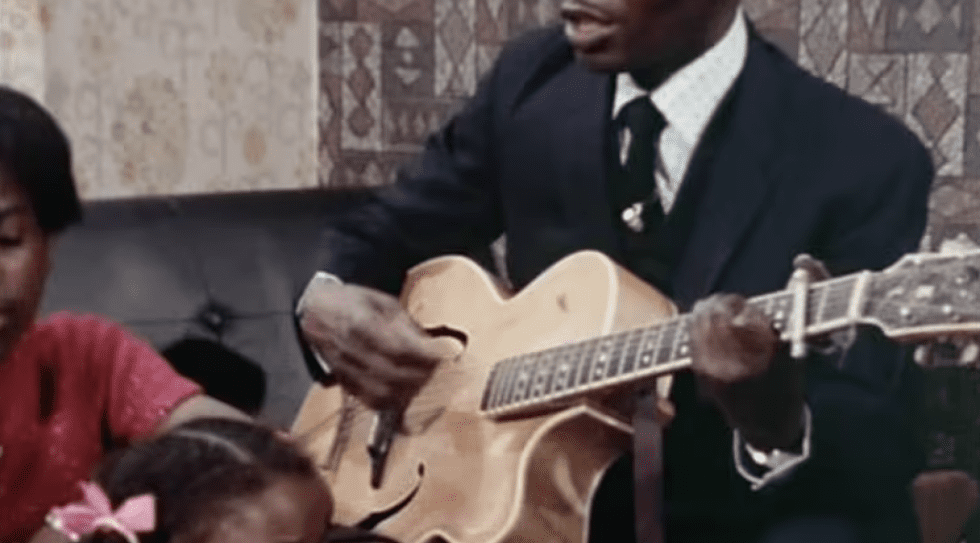

Viewing the racial minefield of British society through the eyes of a black family.
“Tyneside doesn’t have ghettoes like Brixton and Bradford, but what is typical about [the Gill family] is their journey through a racial minefield that is our society and through all our racist fantasies, like the one that accuses immigrants of living off the dole and taking all the jobs.”
In the 1960s, as West Indians, Pakistanis, Indians and Africans began to arrive in Britain from former British colonies, race became a political issue. In the 1964 General Election, a swing to the Conservative Party in Labour’s Smethwick constituency and Enoch Powell’s “rivers of blood” speech on immigration four years later put attitudes towards ethnic minorities on the political and social agenda.
In One British Family, made in 1974, John Pilger focuses on Gus and Julie Gill, who arrived in Britain from Trinidad in 1961. They now had three children and their own house on Tyneside, where they were the only black family in the street. “They take less from the social services than the equivalent white families,” says Pilger. “They’re not on any council’s housing lists and they’ve never been out of work.”
Gus, a bakery foreman, says he was shocked the first time he was called a “black bastard” and recalls being rejected for a job because of his colour. Son Errol, who grew up in Newcastle, does not regard himself as an immigrant and is planning to marry a white woman. His girlfriend, Susan, says her mother was shocked at the news but believes the younger generation will eventually accept mixed marriages.
This was a pioneering film, presenting Black Britons as unthreatening, ordinary people with the same dreams as white people and the the same rights to social and political justice.
One British Family (Pilger, ATV), ITV, 16 June 1974
Director: John Ingram; series producer: Charles Denton (28 mins)
With thanks to Anthony Hayward, whose biography of John Pilger is available to buy here.


